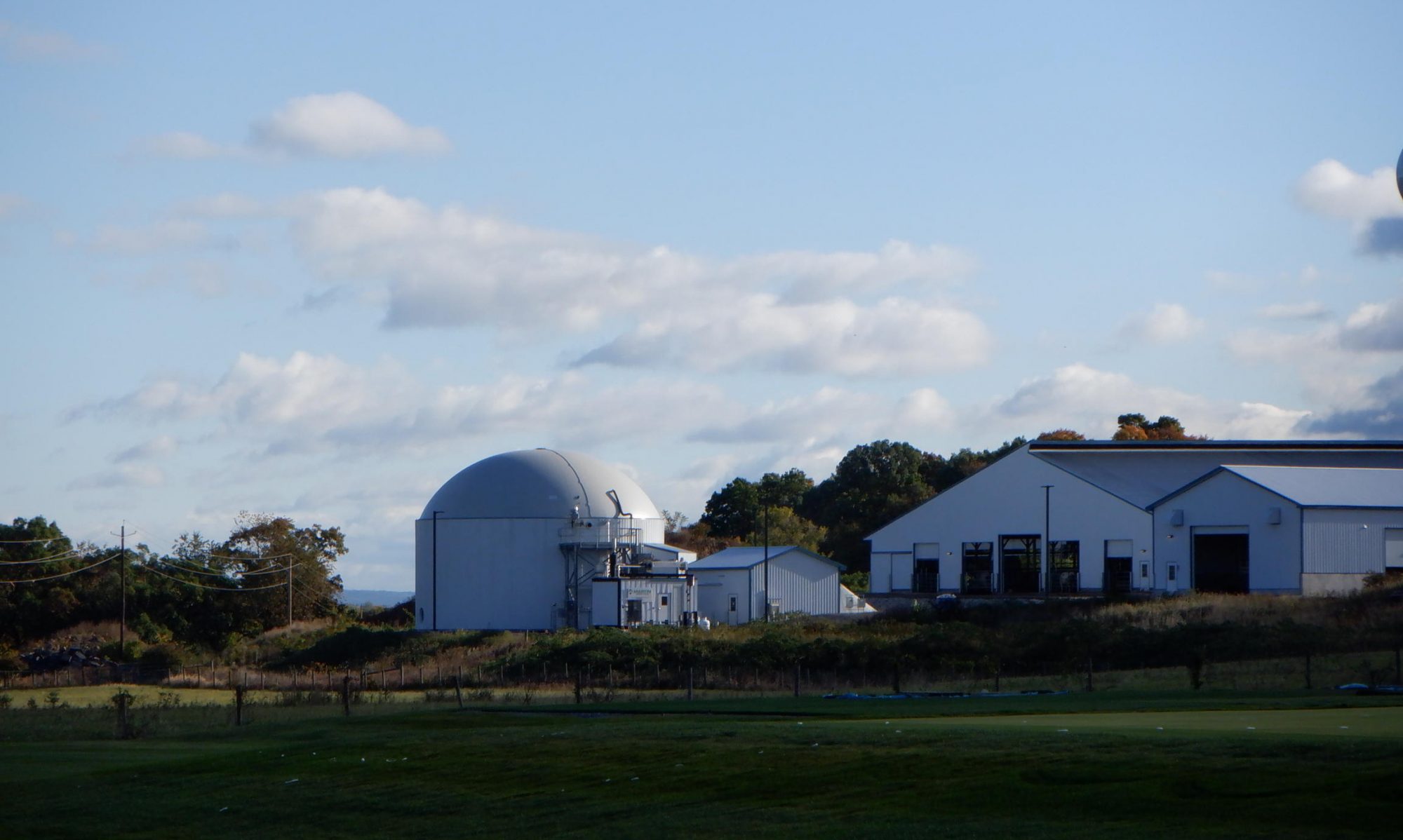Introduction
Many types of oil-bearing seeds and nuts can be used to make biodiesel. Commonly used feedstocks for the production of biodiesel include soybean, rapeseed/canola, used (waste) vegetable oils, and tallow/lard (animal fat). Mustard biodiesel is being studied at the University of Idaho, and Montana State University is conducting research on camelina for biodiesel production. Safflower, sunflowers, corn, and even hazelnut produce oil that could be used for biodiesel. Warm-climate tree oils such as palm oil, coconut, and jatropha are used as biodiesel feedstocks in some parts of the world.
Feedstocks for biodiesel are generally chosen based on price and performance (some are better for cold temperature conditions). All the above feedstocks have alternative uses and markets, so the prices can fluctuate depending on demand. In addition to the oil, seeds and nuts provide food, fiber, and other supplements for animal and human nutrition, as well as raw material for other applications.
In general, seeds and nuts should be harvested at peak maturity, stored in cool and dry conditions, and processed quickly to avoid degradation. The seeds should be processed close to the time the oil will be made into biodiesel.
Prior to oil pressing or extraction, seeds must be cleaned, screened, and, in some cases, dehulled and hammered or pulverized. The meal or cake in some cases must be heated to deactivate toxic components before use as animal feed.
Furthermore, the oil will require some degree of refining to remove impurities before it is ready to be made into biodiesel. See the links below for further information.
Additional Topics on Oilseeds, Oilseed Handling, Oil Extraction, and Oil Processing
Oilseed Crops for Biodiesel Production
Mechanical Extraction Processing Technology
Processing Oilseeds and Oil for Biodiesel Production
Solvent Extraction of Oilseed
For Additional Information
- A fact sheet from Oklahoma State University which covers oilseed handling, storage, cleaning, drying, de-hulling, and cooking the oilseeds prior to oil extraction.
- An online, nonprofit scientific organization whose purpose is to collect, study, and diffuse information on all aspects of lipidology (the study of oils and fats).
Contributors to This Article
Author
- Joe Thompson, Research Support Scientist, Department of Biological and Agricultural Engineering, National Biodiesel Education Program, University of Idaho
Peer Reviewers
- Cole Gustafson, Biofuels Economist, North Dakota State University
- Jon Van Gerpen, Professor, Biological and Agricultural Engineering, University of Idaho, National Biodiesel Education Program
